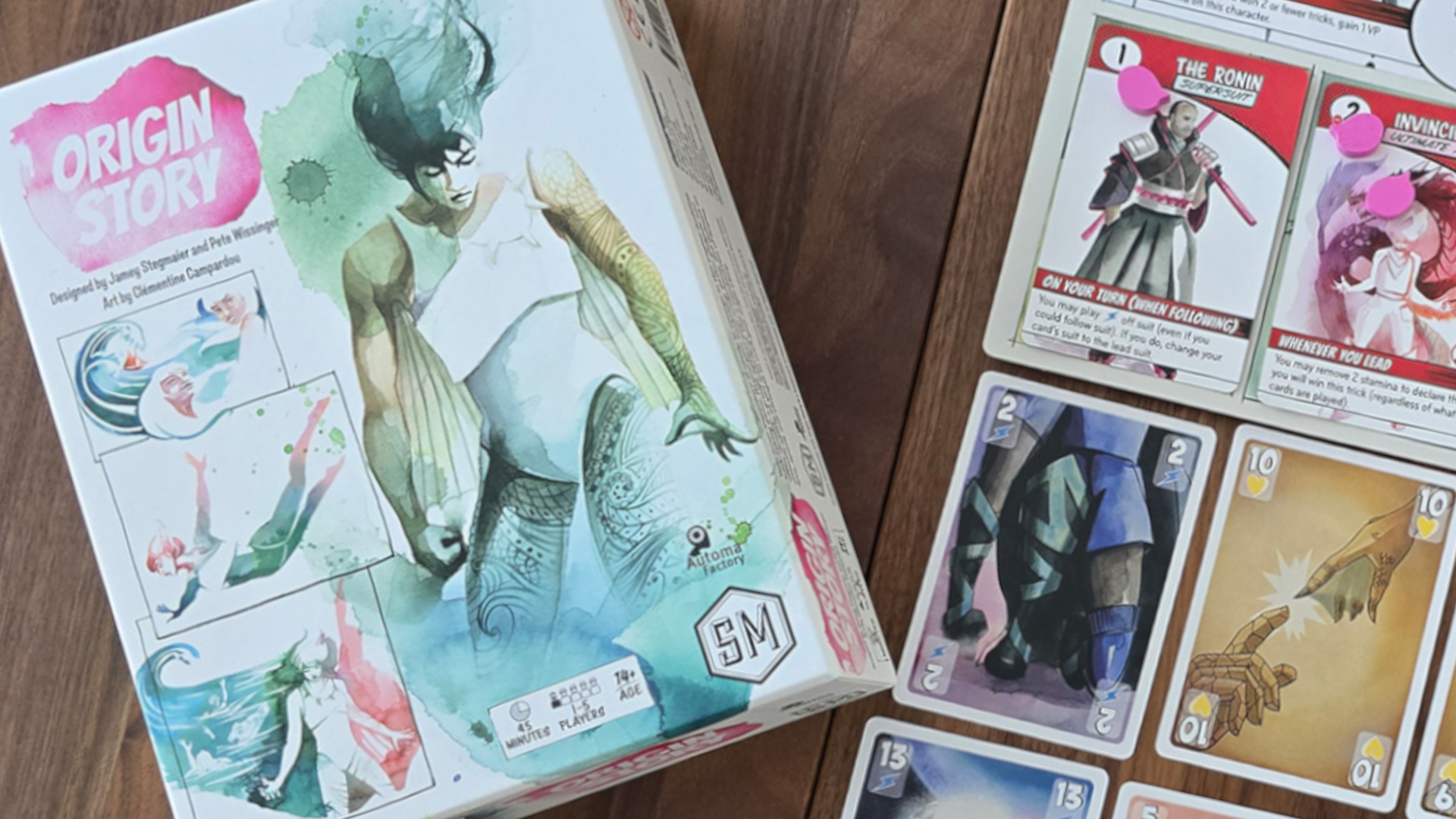"Everyone in the industry said it's not possible" – The Witcher 3 at 10: diving into the legendary RPG's creation, legacy, and secret sauce that makes CDPR's quests so special
Interview | The Witcher 4's narrative director, Philipp Weber, and associate game director of the next Cyberpunk game, Paweł Sasko, tell Wild Hunt's story
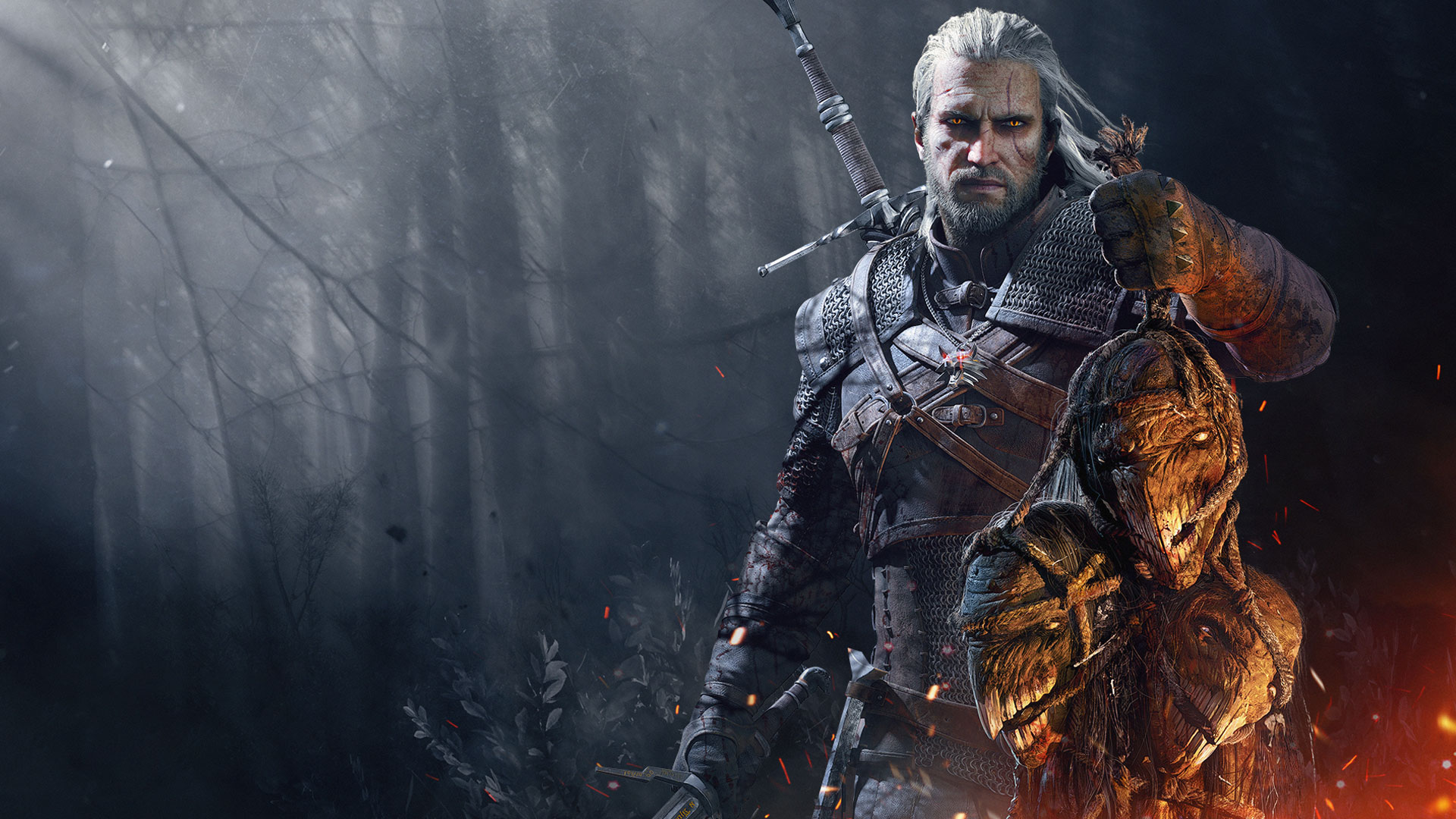
In 2012, CD Projekt Red's ambition was at boiling point. Paweł Sasko, then a quest designer, joined the studio on February 6. "I don't remember the birthday of my mom, but I do remember that," he admits, grinning. "It's a special day for me."
CDPR was preparing to launch The Witcher 2: Assassin of Kings on Xbox 360. The port was largely finished, and work on a follow-up, The Witcher 3: Wild Hunt, had begun in secret. Yet instead of sticking with what worked for – another hub-based and largely linear RPG – its creators wanted to transplant The Witcher 2's tight, character-driven narrative into a sprawling open world.
"Everyone in the industry said it's not possible – that these things don't go together, because you almost have contradictory objectives for what you're trying to achieve," recalls Sasko. But even then, ambition was the studio's guiding light.
We know how the story goes. The Witcher 3 launched to critical and commercial acclaim in 2016, and is considered by many to be the most influential open world RPG of its time. CDPR is a household name. Now 10 years old, The Witcher 3 retains its magic: there's a smokiness to its tone, its confrontational approach to morality, that's still hard to grasp after all these years. Where did it come from?
"We always wanted to make the kind of game we'd want to play," says Philipp Weber, who joined as a quest designer in 2013 and now works as The Witcher 4's narrative director. "But at the same time, a lot of it was built on hope… like, 'I hope this works out.'"
Early days
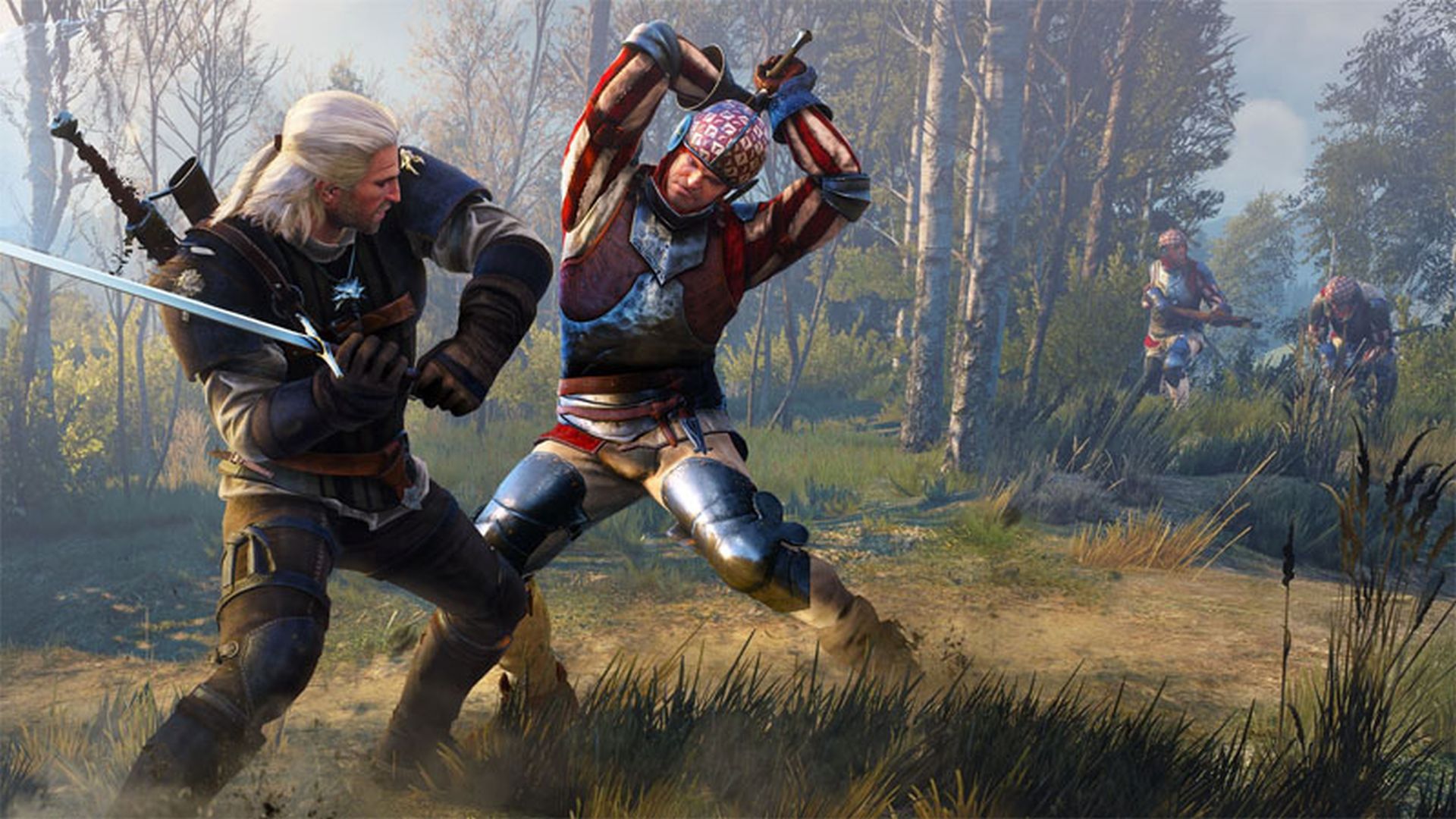

We've rounded up the best RPGs - and yes, The Witcher 3 is on there...
While Sasko has been with The Witcher 3 since its earliest days, Weber arrived slightly further into development. It was Weber's first "professional" job, having come from a background of modding previous Witcher games as a hobby. "I came in with super high motivation, loving the Witcher," he says, adding that the studio frequently hires modders like himself. "I think the secret behind The Witcher 3 was that I wasn't an exception – that was the case for so many people."
The atmosphere of CDPR, then staffed at around 160, was "scrappy". Weber's first job was to throw quest ideas into a Google Docs page for three days, and many tasks were "a little bit vibe-based" – it wasn't uncommon to see developers working across disciplines based on what needed doing.
Weekly digests, tales from the communities you love, and more
It's another of the studio's "secrets," suggests Weber: "Do it immediately, do it fast, do it dirty. We check it and start iterating [...] we keep that iteration going until the end – we're never happy with the result until it's too late and the game has to be out."
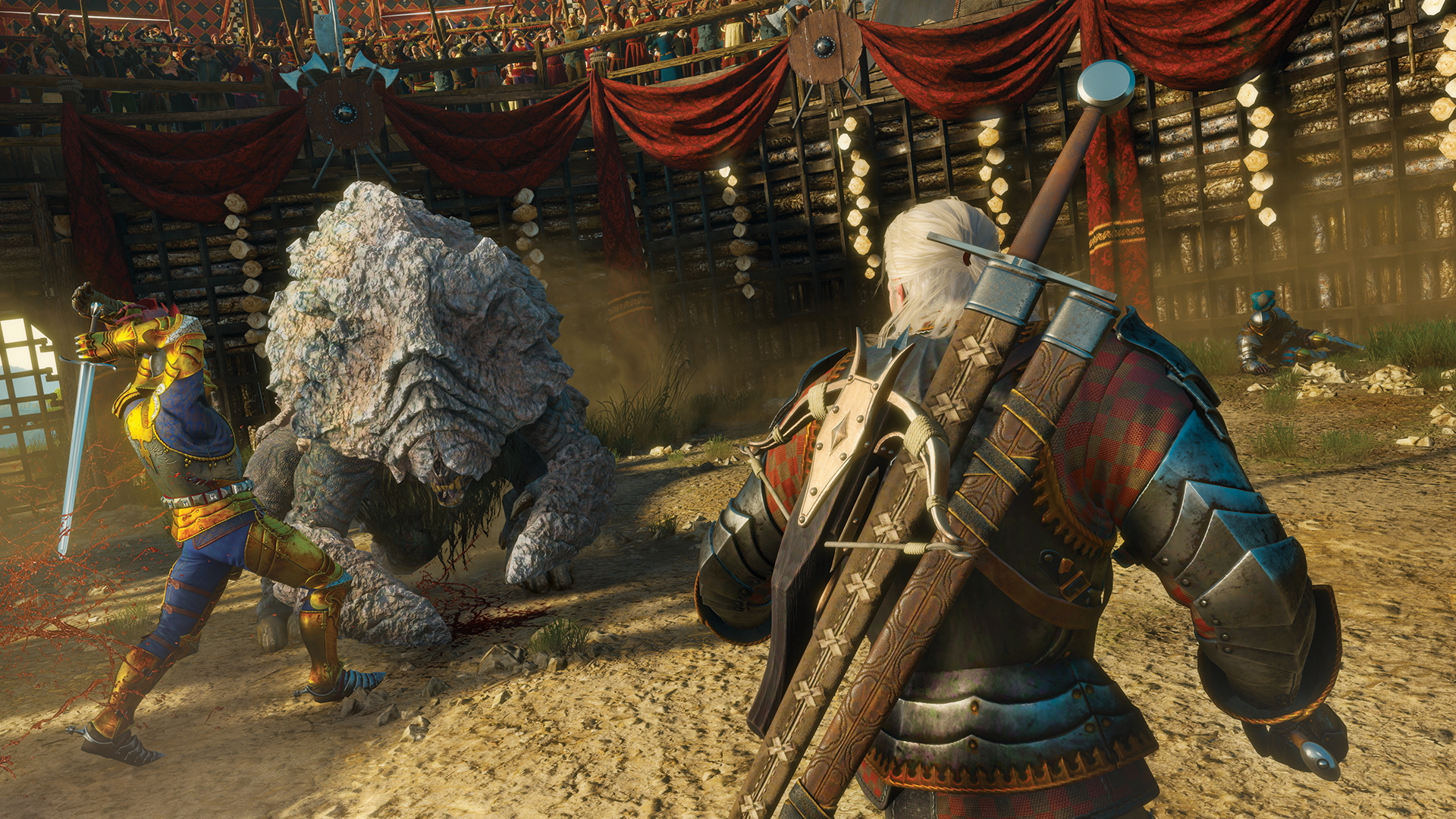
"Let's not kid ourselves – this wasn't a small indie game or something, but it was still good creative chaos," recalls Weber. "You could get things done, you could move, be creative, do stuff, and ask questions. When you get bigger, you have to be consciously aware of that factor and say 'even though we [have] so many people and have to organize more, let's not lose this'. It's very easy to lose this. But sometimes… just do it, get it done. Use the engine, come up with something cool, and do it!"
"That's how it felt, especially at the end of Witcher 2 and beginning of Witcher 3," agrees Sasko, who remembers CDPR starting to embrace now-common industry standards like quest documentation around that time. "The biggest American studios already did that better, but in Europe, it was a novelty."
When The Witcher 3 started to make rounds at E3 with a working demo, people took notice. Its creators steadily realized they were holding something special. "There was this feeling that it was going to be bigger," says Weber. "Skyrim was the open world game, and we could feel that suddenly a lot of people who loved Skyrim started paying attention to The Witcher 3. We could kind of feel this… big wave, touching us. There was an excitement, where we could tell that the general public was taking notice. It was a very interesting thing to see."
The secret formula
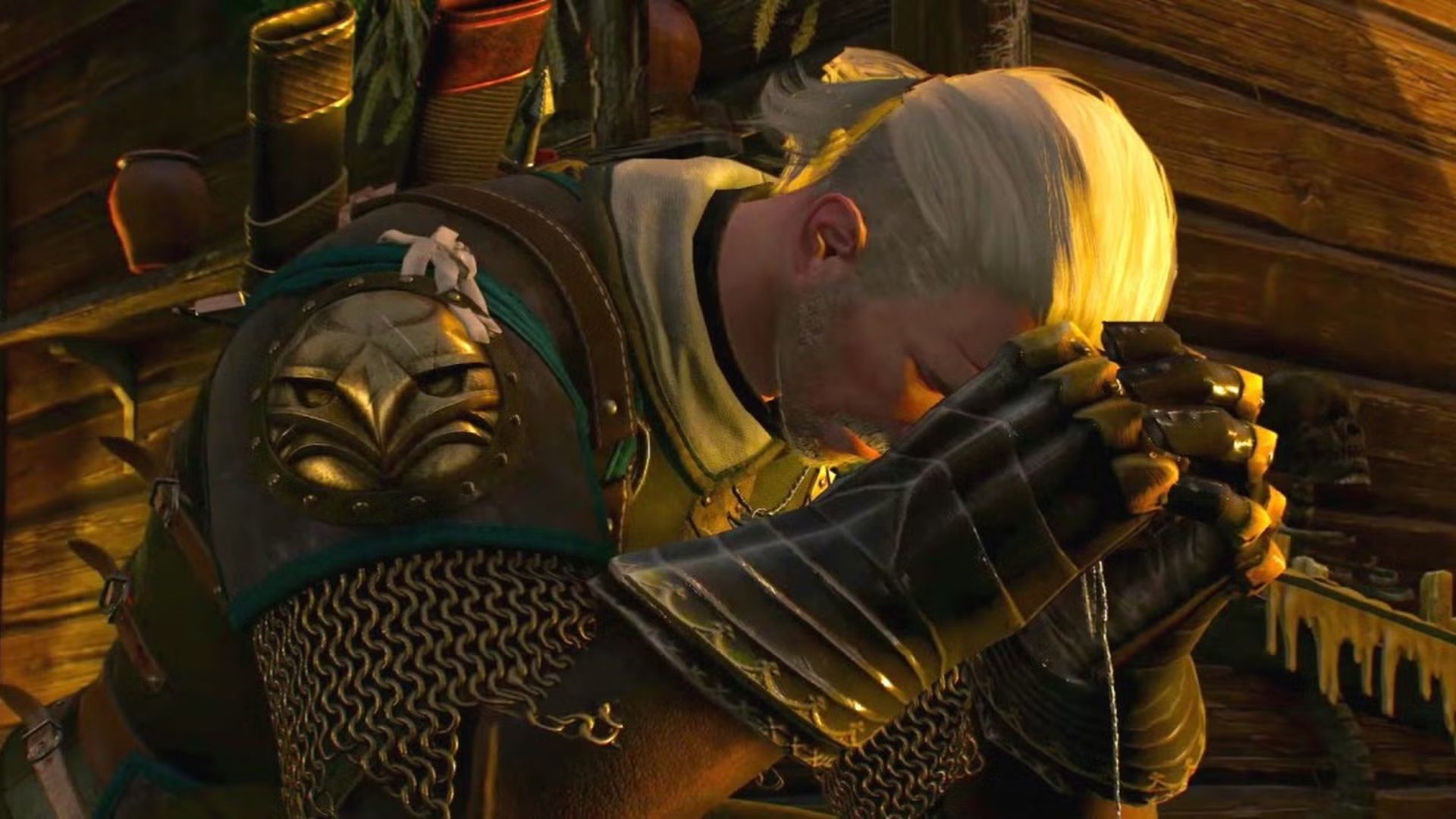
While that was happening, the studio also knew it was pushing the boat out with the moral complexity of its quests. Even a decade later, few RPGs – if any – have matched the consistency of The Witcher 3's depth, in which everything from the now-infamous Bloody Baron quest to the smallest of contracts can leave a lasting impression. Right or wrong is rarely defined, and goodness glimmers in abhorrence.
Its best quests, whether spanning several hours of a bite-sized 10 minutes, capture the feeling of being staggered after finishing a good book. (Sasko lights up at the comparison – "That was the goal!"). A large part of that comes from The Witcher 3's morally grey world, which has been discussed at length, and for good reason: it's the secret sauce that makes CDPR continue to stand out. Every potential addition needed to pass an incredibly high quality bar. Some of Weber's first feedback was "we don't do fetch quests" (a rule he maintains for The Witcher 4), and every designer wrote "10 times as many ideas as those that landed in the game".
Meeting that bar was difficult in more ways than one. Across both The Witcher 3 and Cyberpunk 2077, the studio has broached subjects ranging from eating disorders and terminal illness to domestic abuse and the right to die. Not everyone within CDPR has always been on board. Both Weber and Sasko recall internal opposition to Cyberpunk 2077's Sinnerman, the beginning of a quest line in which you meet a convicted murderer who wants to record his own crucifixion in a bid to convert more people to Christianity. Evelyn Parker's tragic fate was also controversial, as was the Bloody Baron's unflinching familial tragedy in The Witcher 3.
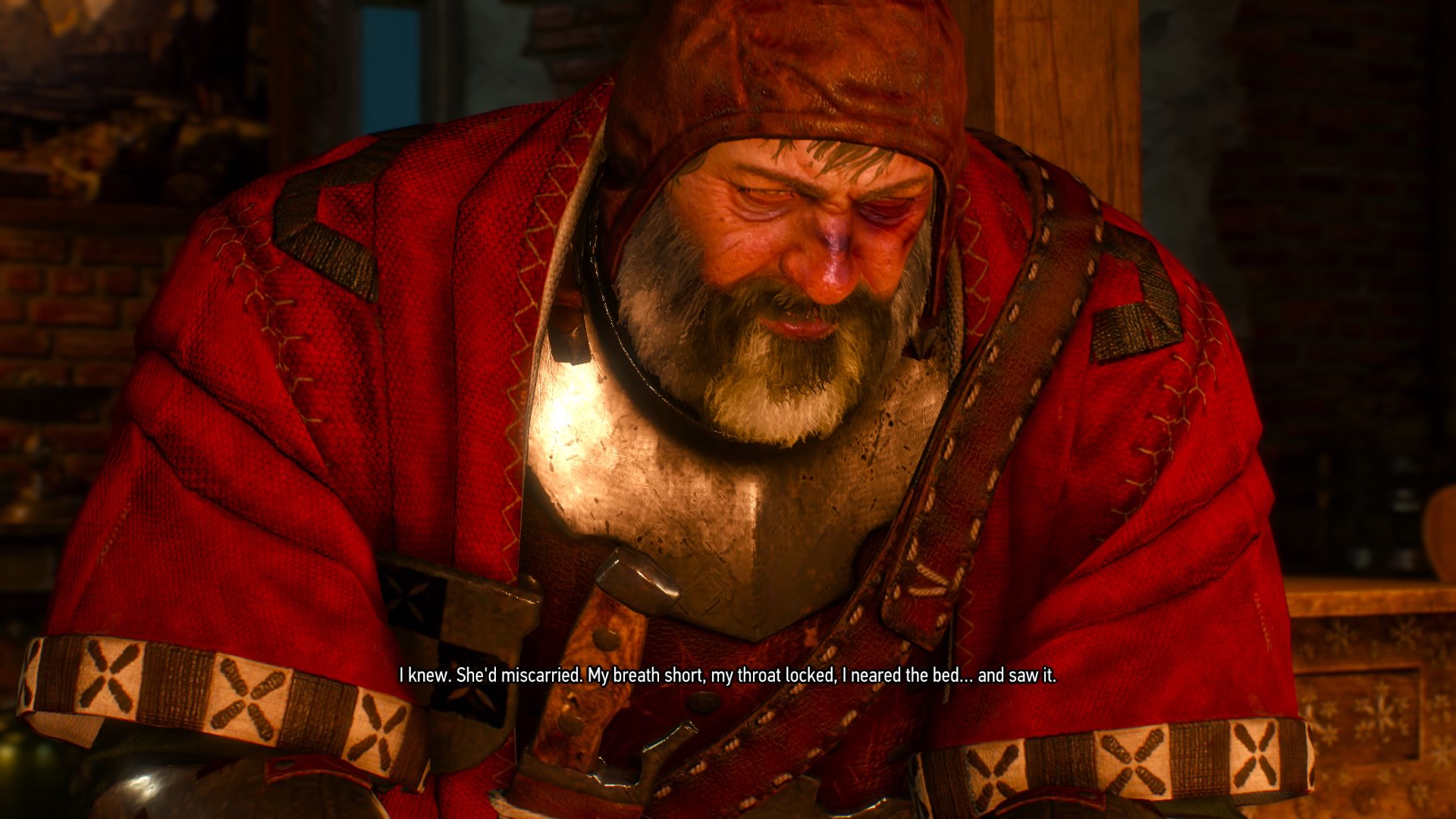
"We do it because there's an interesting question to delve into – not necessarily a question we want to answer, but a question we want to explore and think is worth it"
Philipp Weber, narrative director for The Witcher 4
"There were so many conversations in the studio," says Sasko. "I remember when I was working on the Bloody Baron, I came up with the idea of the botchling – and to have it in the game. One of our developers, who was a young father at the time, said that he was disturbed by the zombie miscarried child, and should we really be making games like this? Is it moral, or ethical, to make a story like this? I managed to convince him in the end because I think he understood that we were trying to tell a story about domestic violence, broken human beings, and in a way show players that you can feel empathy for people that have done horrible things… and pose the question of: when is the moment you can forgive someone, as a human being?"
Weber agrees that having the confidence to go there is key to CDPR's knack for storytelling. "We ask difficult questions, but don't preach easy answers [...] The Bloody Baron does terrible things, but Geralt can still say that he feels for having lost his family. He can empathize with that aspect – it doesn't mean Geralt says 'I like you, you're a good guy'. This way of writing stories is very important to us."
"We don't just do it to be showy," he continues. "We do it because there's an interesting question to delve into – not necessarily a question we want to answer, but a question we want to explore and think is worth it. I would say that if you never have those discussions, you're probably not making art. 'Maybe we have to be brave? Dive deeper? Maybe this is something that could touch people the wrong way, are we ready to do that?' Those are discussions that we have to this day, but it's important to have them, because otherwise you're never able to do something like this."
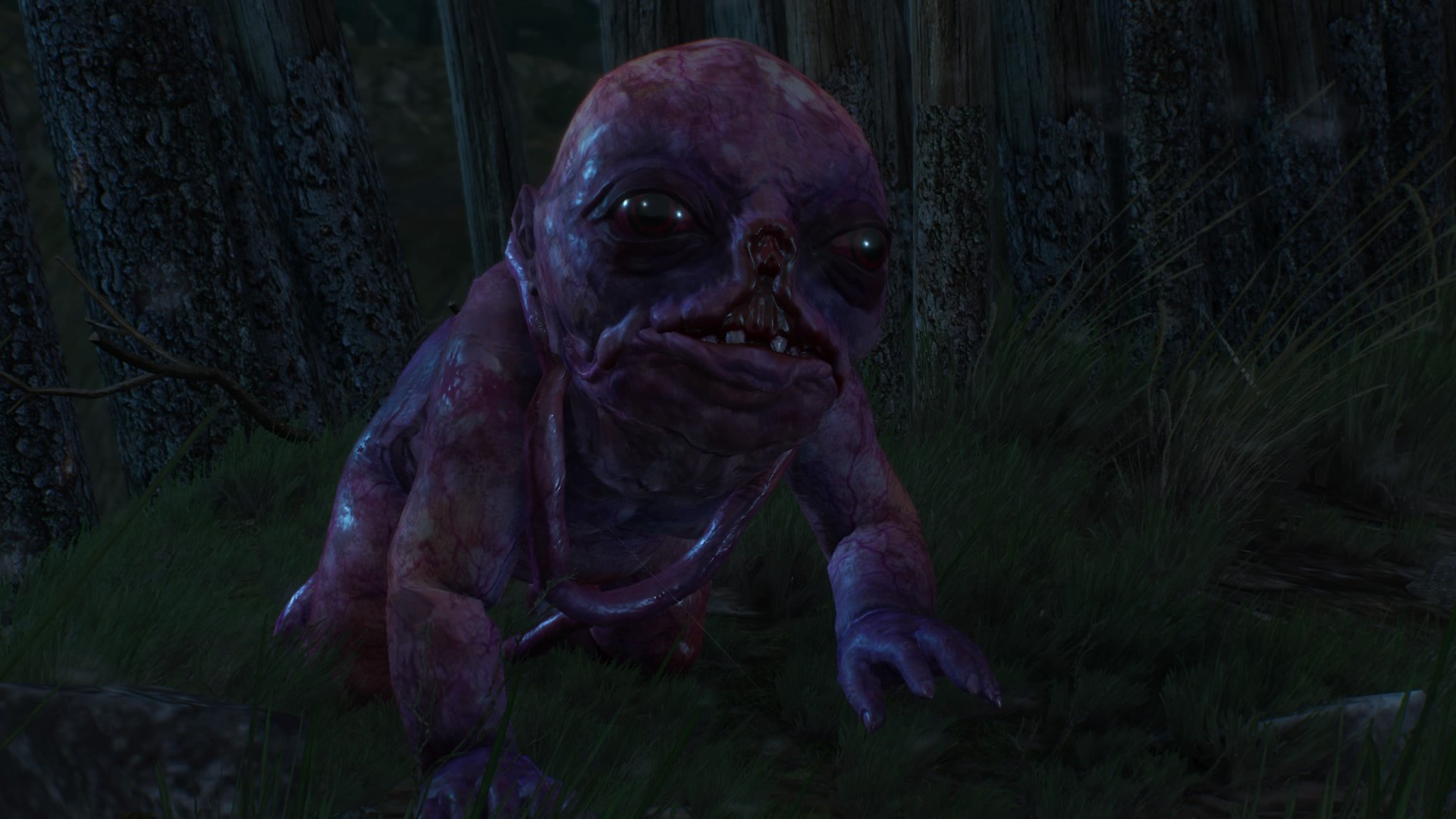
"There's a lot of hope in both The Witcher 3 and Cyberpunk. It's just that you need to look for it"
Paweł Sasko, associate game director at CDPR
Both developers insist the goal isn't to intentionally court controversy. Instead, Sasko believes it's crucial to not be afraid of it. "It's about touching on topics because you feel they should be talked about, because they are an important element of your human experience and who we are as people. If that touches on controversial topics, it's OK – we want to talk about human life, and what it really means to be human."
"I'd rather make a game that some people love and some people don't like, than one everyone says is OK," says Weber.
Maturity is the "biggest element" of The Witcher 3's legacy, according to Sasko. A lot of the team were entering their 30s and 40s during development, and looking for "something more" from their medium. Did the harsh reality of The Witcher 3 come from shared experiences? "I would say we, as Polish people, are much more negative than Western societies," he replies. "We have a tendency to see glass half empty rather than half full. Part of creating mature entertainment is just realizing that not everything in life is going to go great. In all of our lives, horrible shit is going to happen."
Elaborating, Sasko suggests that having to reckon with the inevitable death of our parents is one of the "most important transitions" of the human condition. "I'm a development psychologist, so I think about those things a lot. For me this moment of transition, of understanding that your parents are aging and they're going to get sick and die, is a part of our human experience. It's dishonest to always show and paint the world in a positive light."
"You cannot prevent your parents dying," he continues. "You cannot prevent the fact that maybe the pet you spent 15 years of your life with has cancer. You cannot completely prevent this. [But it's about] being thankful for everything you experienced. Even in this fucking dystopian horrible world of Cyberpunk, or this dark noir Witcher world, there are good people. There are good moments. There are friendships. There's love! I think that's the ambition: to encourage people toward this, and it might be a bit dark when I'm speaking about it, but I want to make sure that ray of sunlight is visible in our work [...] There's a lot of hope in both The Witcher 3 and Cyberpunk. It's just that you need to look for it."
Best endings
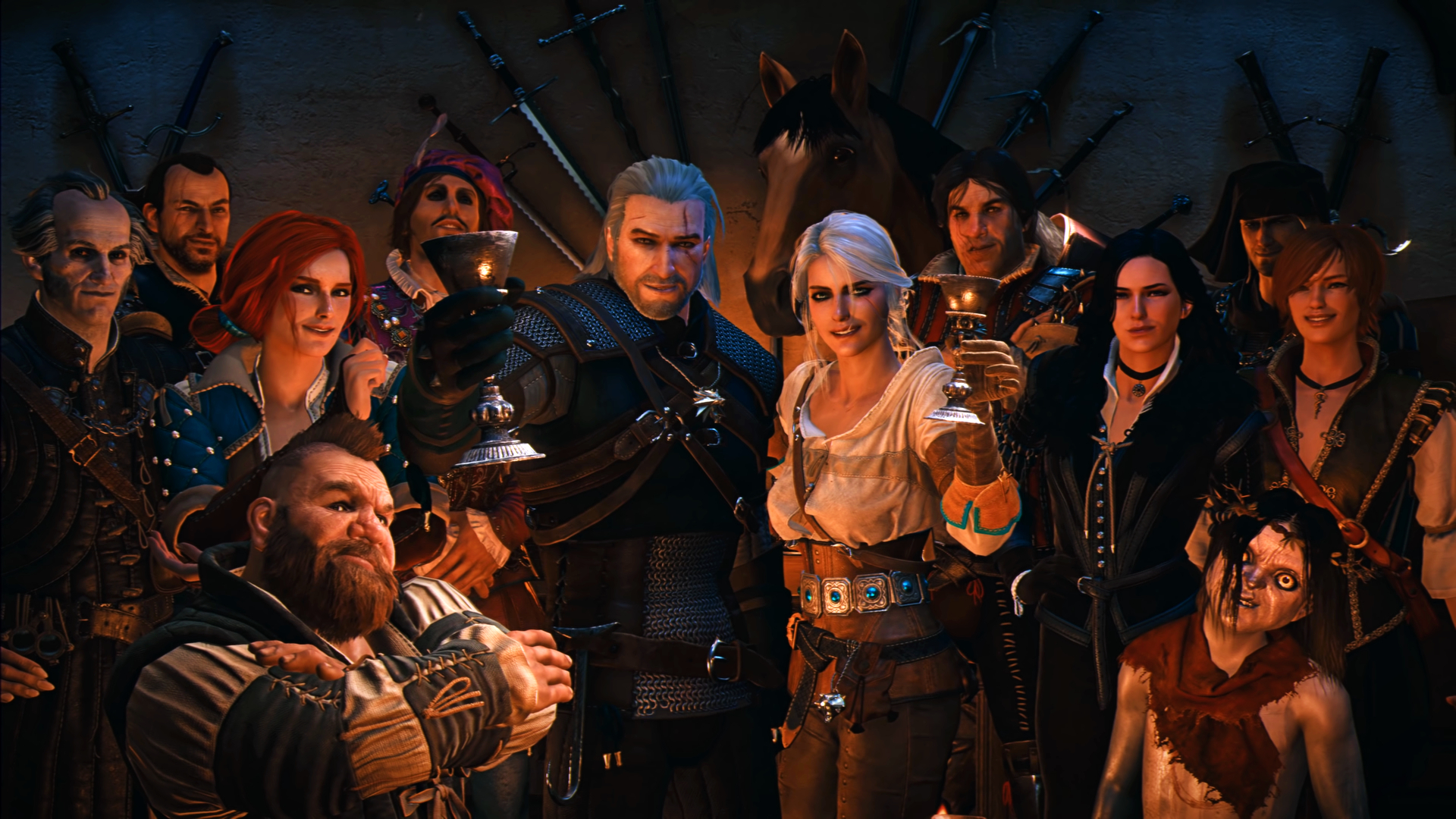
"Sometimes I like to just say 'Get it done. Do it dirty. Do it the way we used to do it!"
Philipp Weber, narrative director for The Witcher 4
Nowadays, it's almost rote to discuss The Witcher 3's impact. Having sold 60 million copies and counting, the RPG brought CD Projekt Red to the genre's forefront seemingly overnight. Juggernauts like Final Fantasy 7 Rebirth and Elden Ring have been inspired by its open world.
It's a legacy that Sasko, now associate game director on the next Cyberpunk title, struggles to grasp. "Just last week, The Witcher 3 was on sale, but it was in the top 10 best-selling games on Steam together with Cyberpunk, which was incredible to see," he says, grinning. "I couldn't believe it – the game [is] 10 years old!"
For Weber, he feels The Witcher 4 is coming together with the same "scrappy energy" that buzzed around CDPR when he first joined. "Sometimes I like to just say 'Get it done. Do it dirty. Do it the way we used to do it!"
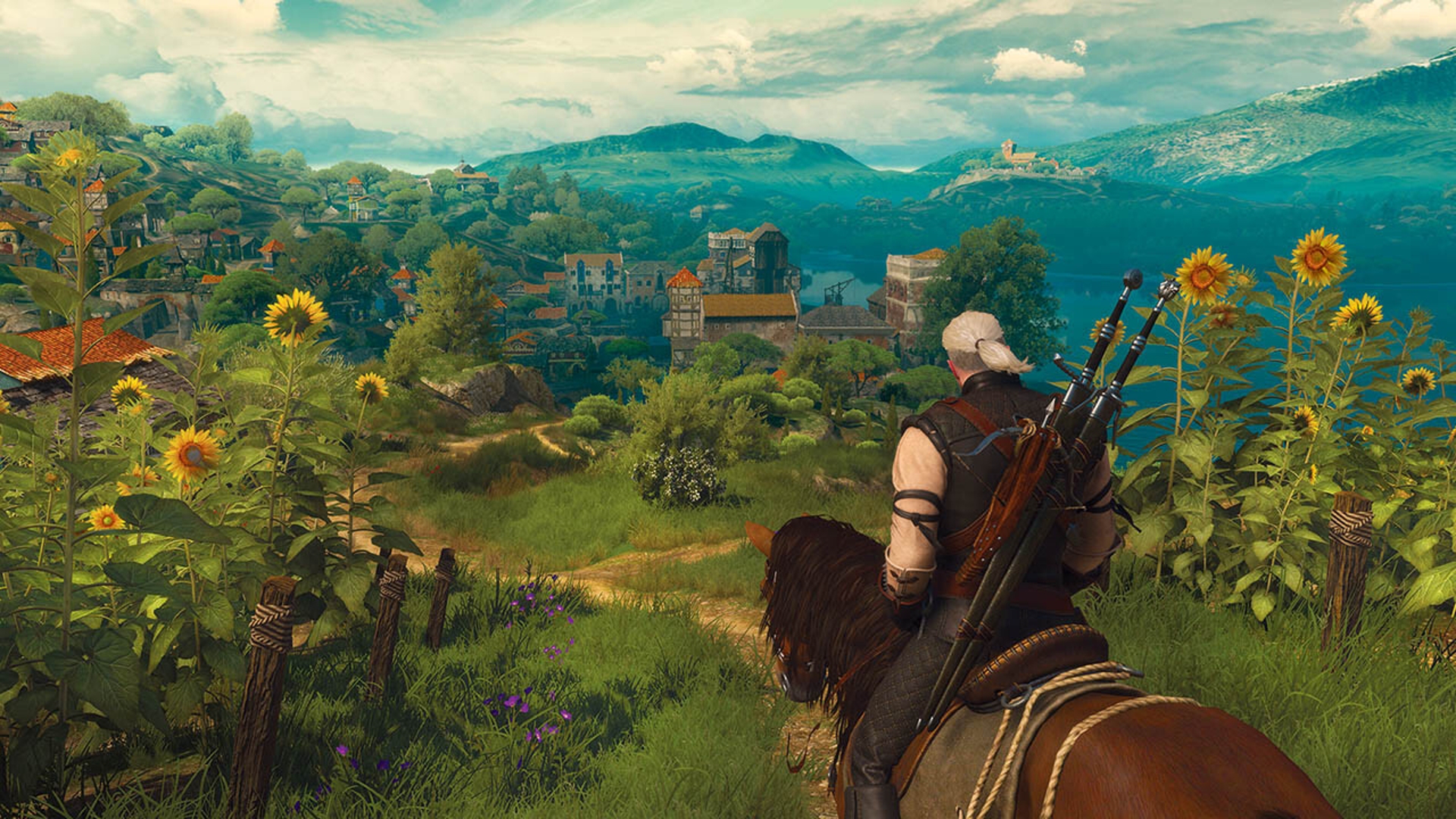
As narrative director, Weber doesn't believe his job is to create a "mathematical" improvement to The Witcher 3. Taste is subjective – after all, his favorite Witcher game is the often-forgotten first one ("I love it so much!"). "The way we want to do justice to [The Witcher 3's] legacy is to take the philosophy we had during The Witcher 3 – how to make a game, how to really care about these things, how to tell stories – and keep that," he explains. "There are [also] new questions we want to answer, because this is supposed to feel like a true sequel, not just redoing what we did before. And I think it's really [about] trying to have that healthy mix of moving forward and also trying out some new things."
In November 2024, The Witcher 4 entered full-scale production. Unlike its predecessor, it will not have the element of surprise working for it. The Witcher 3 came together not through magic, but through human ambition and the courage to tackle reality – and as a result, expectations for its follow-up are sky-high. Few know this as well as Weber, who laughs. "I do see the articles where people talk about The Witcher 3 being one of the best games ever made and 'how are they going to top it?' – I'm like yeah, how are we going to do that?"
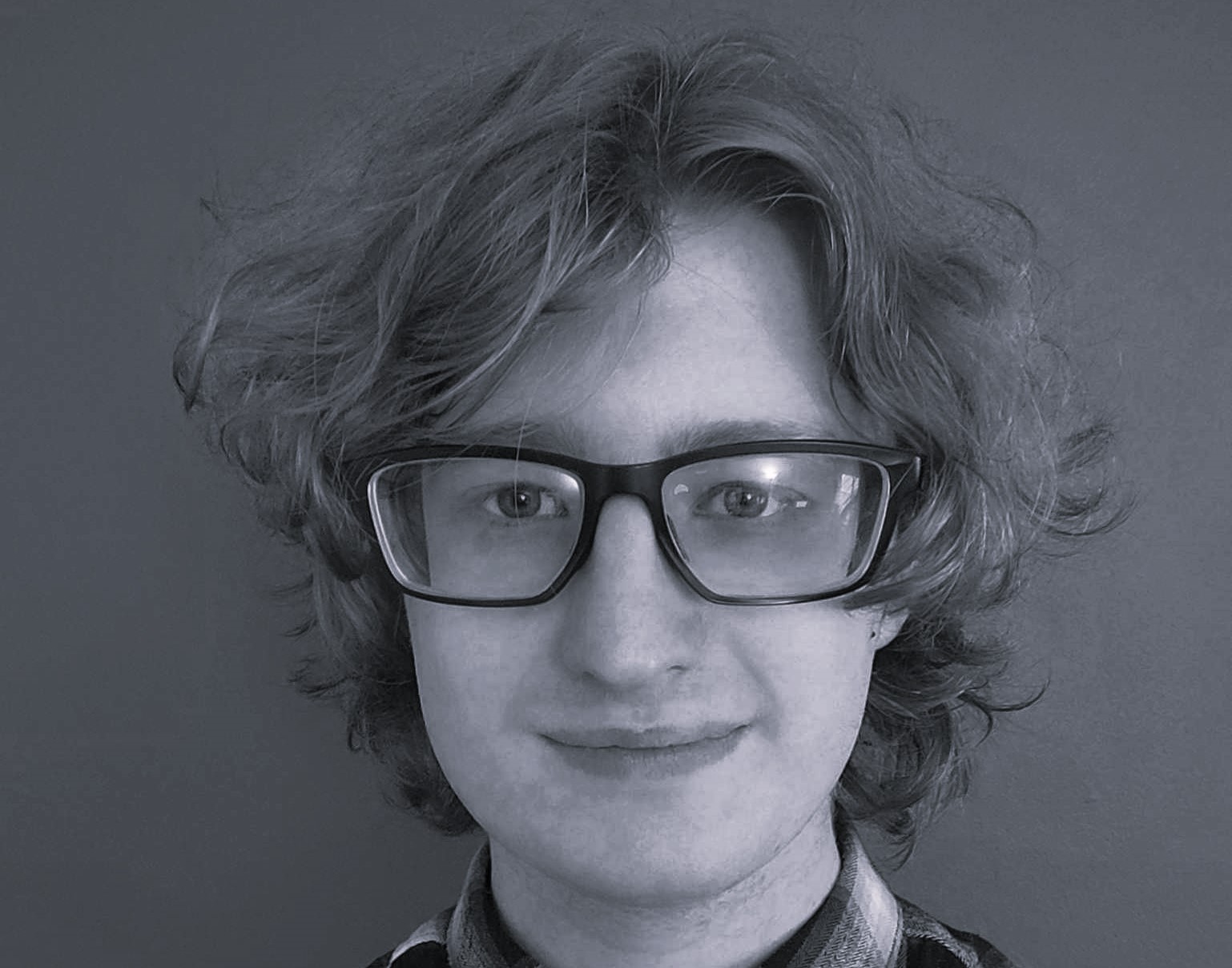
Andy Brown is the Features Editor of Gamesradar+, and joined the site in June 2024. Before arriving here, Andy earned a degree in Journalism and wrote about games and music at NME, all while trying (and failing) to hide a crippling obsession with strategy games. When he’s not bossing soldiers around in Total War, Andy can usually be found cleaning up after his chaotic husky Teemo, lost in a massive RPG, or diving into the latest soulslike – and writing about it for your amusement.
You must confirm your public display name before commenting
Please logout and then login again, you will then be prompted to enter your display name.
